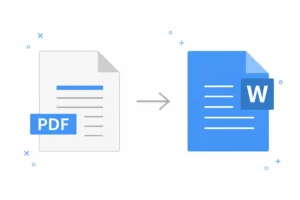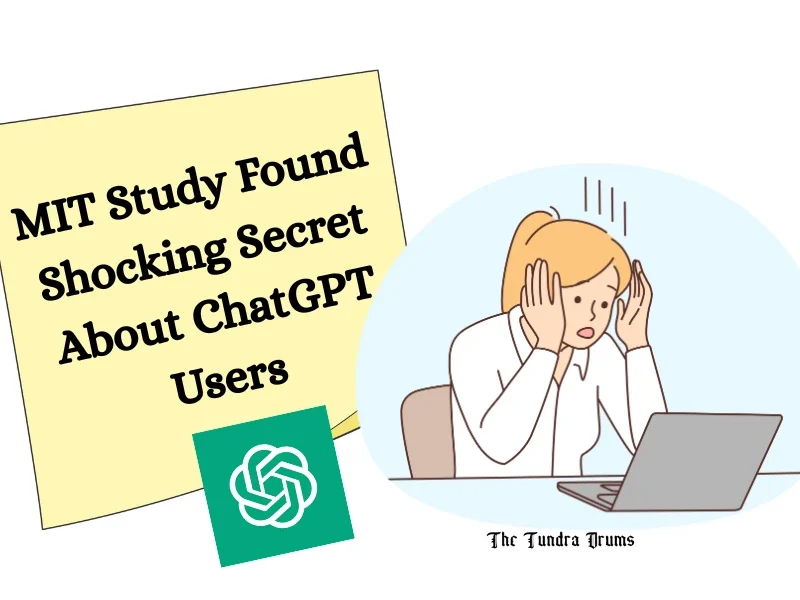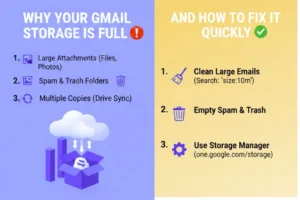In a headline that’s raising major concern in the tech world, MIT researchers revealed that ChatGPT users show the lowest brain activity in problem-solving tasks compared to those using traditional tools or none at all.
According to the MIT ChatGPT brain activity study, people depending on ChatGPT demonstrated minimal neural engagement. raising fresh questions about AI’s long-term impact on human cognition.
About the MIT Study
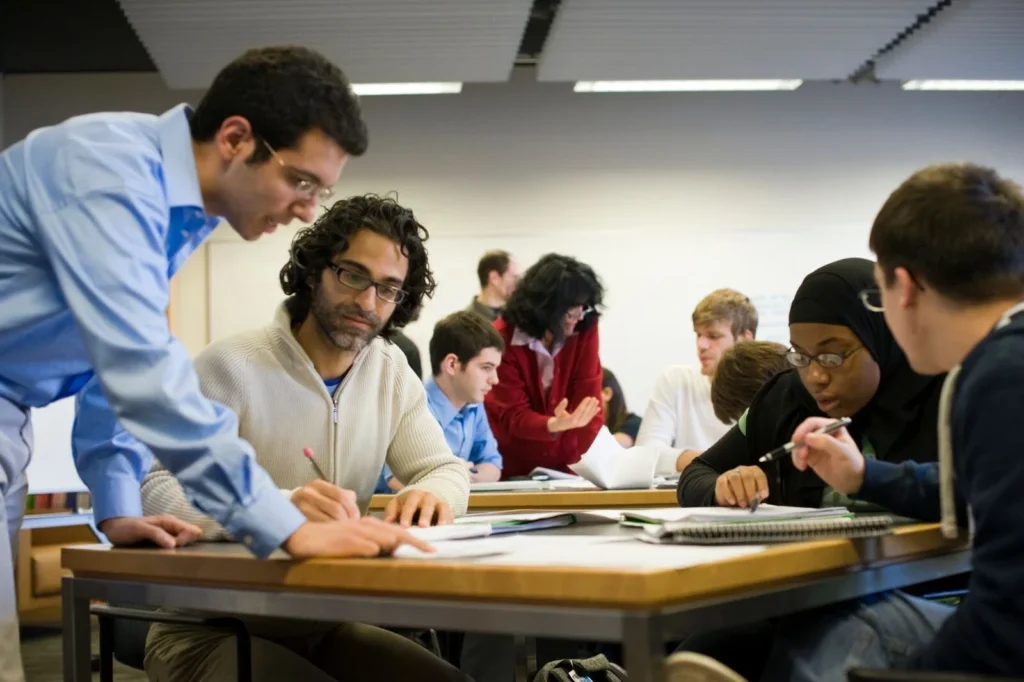
When and How the Study Was Conducted
This groundbreaking research was conducted over 4 months in early 2025, involving 54 participants aged 18 to 39. They were divided into three groups:
- A ChatGPT (LLM) group
- A search engine group
- A brain-only group (no external help)
Each participant completed multiple writing tasks across three sessions, followed by a fourth where they switched methods.
Tools Used: Brain Scans and EEG
Researchers used EEG technology, monitoring 32 brain regions to capture brain signals, particularly alpha and beta waves, markers linked to memory, attention, and focus.
Study Setup: Comparing Thinking Tools
Participants wrote several essays using only their assigned method. In the final phase, just 18 participants completed a crossover session to examine the after-effects of switching between AI and non-AI tools.
Key Results and Findings
- The ChatGPT group showed the lowest levels of brain activity and connectivity, especially in memory- and focus-related brainwaves.
- The search engine group had moderate brain activity, higher than ChatGPT users but still below the brain-only group.
- The brain-only group exhibited the strongest, most widespread neural activity, with peak engagement in creativity, memory, and semantic processing.
What “Low Brain Activity” Really Means
It’s Not Brain Damage, AI Reduces Cognitive Effort
Using ChatGPT didn’t damage anyone’s brain, but it clearly made thinking easier. Participants simply didn’t engage their brains as deeply. It’s like letting AI drive while your brain sits in the passenger seat.
Neural Response to AI Tools
The reduced activity in the ChatGPT group was especially clear in alpha and beta waves, the ones that power our ability to remember, concentrate, and think logically.
How ChatGPT Does the Heavy Lifting
By generating content, solving problems, and crafting language, ChatGPT eliminates the mental challenge that helps our brains grow.
Why It Matters
ChatGPT and Mental Performance
This isn’t just about writing essays. The ChatGPT brain usage study showed that its users consistently underperformed across neural, linguistic, and behavioral levels. They wrote lower-quality content, remembered less, and felt less connected to what they had written.
Does ChatGPT Make Us Lazy?
It’s not just about convenience. The study suggests a risk of cognitive laziness, where we stop forming our own ideas and lean entirely on AI outputs.
Impact of AI on Critical Thinking and Memory
Even after switching back to unaided writing, former ChatGPT users struggled. Their brains still didn’t fully “wake up,” and many couldn’t recall or quote their own essays minutes after writing them.
Education and Long-Term Learning Concerns
Students are especially at risk. The study found ChatGPT users had the lowest sense of ownership over their essays, and lowest memory recall. That’s a big red flag for schools and universities.
Counterpoint: Are We Just Outsourcing Our Thinking?
The Concept of Cognitive Offloading
Some experts say this is just another form of cognitive offloading, a fancy way of saying we’re saving mental energy by using external tools, like how we rely on calculators or GPS.
Tech Evolution or Mental Decay?
But there’s a thin line between efficiency and dependency. Are we using Artificial Intelligence to extend our capabilities, or slowly turning off our own?
ChatGPT Enhancing Productivity, If Used Right
Used thoughtfully, ChatGPT can speed up workflows, spark creativity, and remove roadblocks. The trick? Don’t let it replace your brain, let it partner with it.
Expert Opinions & Broader Reactions
What Neuroscientists Say
Neuroscientists behind the study noted that the reduction in alpha and beta brainwaves was substantial and consistent across tasks. This signals a broader shift in how we process, retain, and own information.
Opinions from Psychologists and Educators
Psychologists are concerned about passive thinking with ChatGPT, while educators fear it’s promoting shortcut culture, undermining genuine learning.
How Schools and Workplaces Are Responding
Some institutions have banned AI for student essays, while others are investing in AI-literacy training to encourage healthy use.
Public Response: Concern, Jokes, and Memes
Of course, the internet didn’t hold back:
- Memes like: “Why think when ChatGPT can?”
- Tweets mocking “outsourcing brain cells”
- Debates on whether this is innovation or intellectual decline
Human vs. AI Cognition
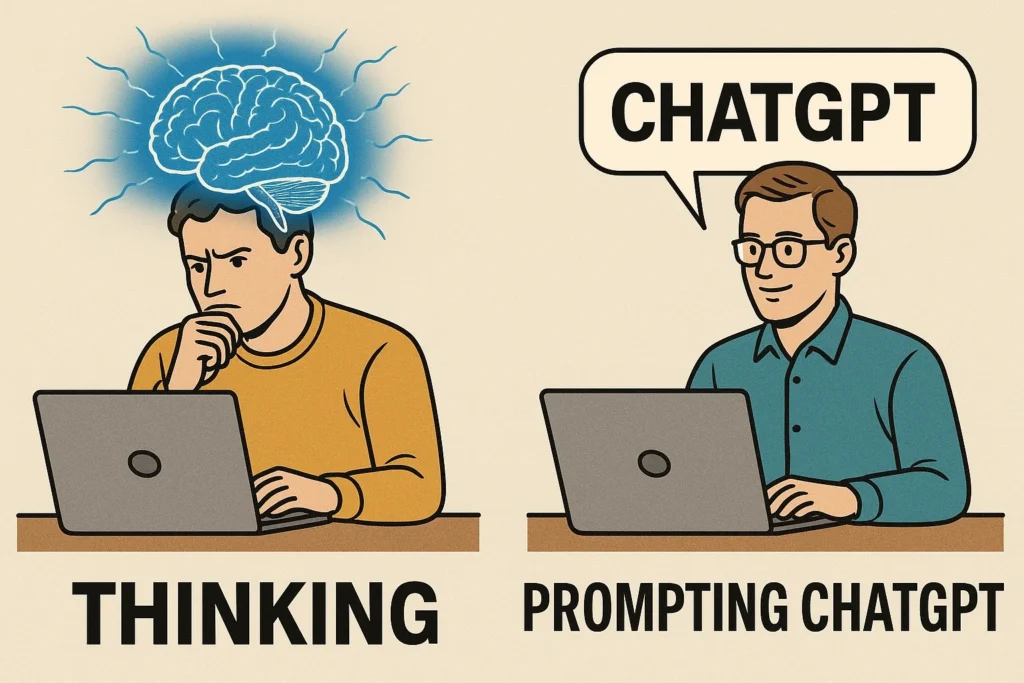
Thinking vs. Prompting
Prompting AI isn’t the same as real thinking. It lacks the trial-and-error, the struggle, and the brain growth that happens when you push yourself.
When to Let AI Lead, And When Not To
Let ChatGPT handle the busywork, but don’t outsource your brain entirely. Especially in learning, writing, and decision-making, active thinking still wins.
Brain Scan Comparison: With vs. Without ChatGPT
The data below offers a simple, visual comparison of neural activity levels (as measured by EEG scans) among groups who wrote essays using ChatGPT, a traditional search engine, or their own brain with no external help. The MIT study assessed three key metrics: Alpha wave activity (memory/focus), Beta wave activity (attention), and Overall Connectivity (broad brain engagement).
- ChatGPT users consistently showed the lowest levels across all categories.
- Brain-only writers (no external help) displayed the strongest neural activity and connectivity.
- Search Engine users fell in the middle, with moderate activity.
Conclusion
So, what does the MIT research on AI thinking really tell us?
ChatGPT is powerful. It’s efficient. It saves time.
But if overused, it can dull our edge.
We need to find a balance between letting AI support us and staying mentally active. Productivity should not come at the cost of deep thinking and creativity.
FAQs
The study found that ChatGPT users showed the lowest brain activity and memory recall, with significantly less neural connectivity than those using search engines or no tools at all.
Yes. EEG data showed a sharp drop in brainwave patterns linked to focus and reasoning, suggesting reduced critical engagement.
The study suggests that overreliance on AI can lead to cognitive laziness, especially when users stop engaging in meaningful thinking.
Absolutely. Used smartly, ChatGPT enhances speed and output. But it’s important to stay mentally involved in the task.
Use ChatGPT as a tool, not a brain replacement. Write drafts yourself, use AI to refine, and always engage critically with its suggestions.

